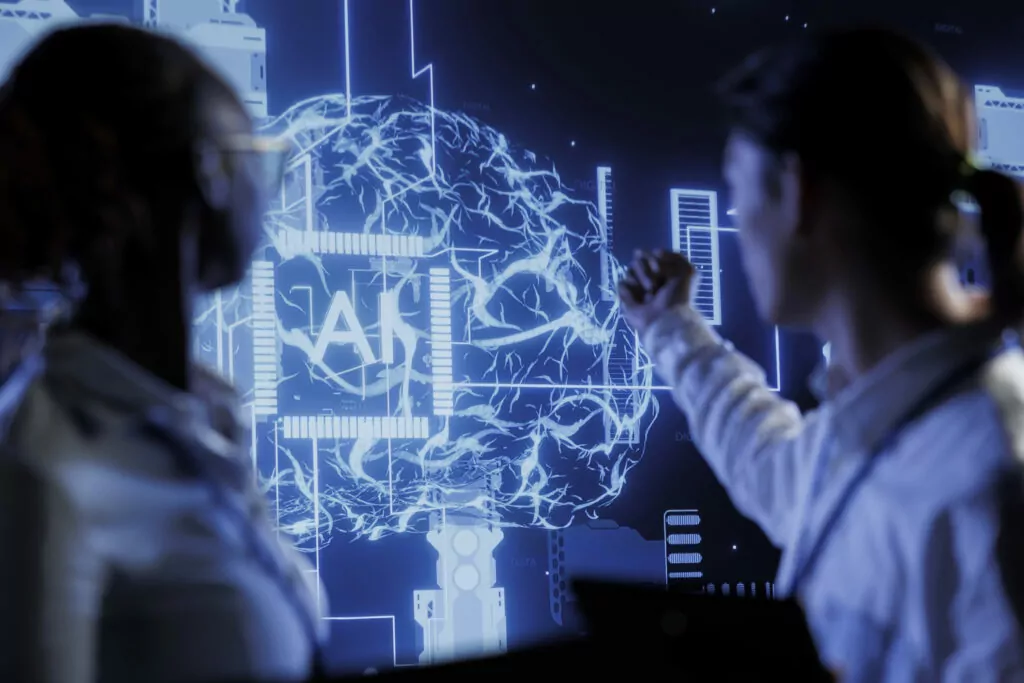AI-Powered Chatbots: The Future of Conversational AI
Remember the days of tedious customer service calls, endless wait times, and frustrating automated phone systems? Those days are fading into the rearview mirror, thanks to the rapid advancement of artificial intelligence (AI). At the forefront of this technological revolution are AI-powered chatbots, transforming the way we interact with businesses and services.
What are AI-Powered Chatbots?
AI-powered chatbots are computer programs designed to simulate human conversation. They leverage natural language processing (NLP) and machine learning to understand and respond to user queries in a natural and intuitive way. These chatbots can be deployed on websites, messaging apps, or even as standalone applications, providing round-the-clock assistance to users.
The Evolution of Conversational AI
The journey of conversational AI began with simple rule-based systems that could only respond to specific keywords or phrases. These early chatbots were limited in their capabilities and often failed to provide satisfactory user experiences. However, with the advent of advanced AI techniques like machine learning and deep learning, chatbots have evolved into sophisticated virtual assistants capable of handling complex queries and engaging in meaningful conversations.
How AI-Powered Chatbots are Revolutionizing Industries
AI-powered chatbots are reshaping various industries, offering numerous benefits to businesses and consumers alike. Here are some key areas where chatbots are making a significant impact:
-Customer Service:
- 24/7 Availability: Chatbots can provide round-the-clock customer support, ensuring that users’ queries are addressed promptly, regardless of the time zone.
- Efficient Query Resolution: By automating routine tasks and providing quick answers to frequently asked questions, chatbots can significantly reduce response times and improve customer satisfaction.
- Personalized Interactions: AI-powered chatbots can analyze user data to deliver personalized recommendations and assistance, enhancing the overall customer experience.
-E-commerce:
- Product Recommendations: Chatbots can leverage user preferences and purchase history to suggest relevant products, increasing sales and customer engagement.
- Order Processing and Tracking: Chatbots can streamline the order placement and tracking process, providing real-time updates to customers.
- Virtual Shopping Assistants: These AI-powered assistants can guide customers through the purchasing journey, answering questions and providing product information.
-Healthcare:
- Telehealth Services: Chatbots can offer remote healthcare consultations, allowing patients to access medical advice and support without physically visiting a clinic.
- Health Information and Education: These virtual assistants can provide accurate and up-to-date health information, empowering individuals to make informed decisions about their well-being.
- Mental Health Support: Chatbots can offer mental health support, providing coping strategies and resources to individuals experiencing stress, anxiety, or depression.
-Education:
- Personalized Learning: AI-powered chatbots can adapt to individual learning styles and paces, providing tailored educational content and support.
- Tutoring and Guidance: These virtual tutors can answer students’ questions, explain complex concepts, and offer guidance on assignments and projects.
- Administrative Tasks: Chatbots can automate administrative tasks, such as enrollment, scheduling, and fee payments, freeing up educators to focus on teaching and research.
The Future of Conversational AI
The future of conversational AI holds immense potential. As AI technology continues to advance, we can expect to see even more sophisticated and human-like chatbots. Some of the exciting developments on the horizon include:
- Multimodal Interactions: Chatbots will be able to understand and respond to a combination of text, voice, and visual inputs, creating more immersive and engaging user experiences.
- Emotional Intelligence: AI-powered chatbots will be able to recognize and respond to human emotions, fostering deeper connections and empathy.
- Contextual Understanding: Chatbots will be able to maintain context throughout conversations, enabling more natural and fluid interactions.
- Hyper-Personalization: AI-powered chatbots will be able to tailor their responses to individual users, delivering highly personalized experiences.
As AI-powered chatbots continue to evolve, they will undoubtedly transform the way we interact with technology and each other. By embracing this technology, we can unlock new opportunities, streamline processes, and enhance the overall user experience.



Comments
Post a Comment